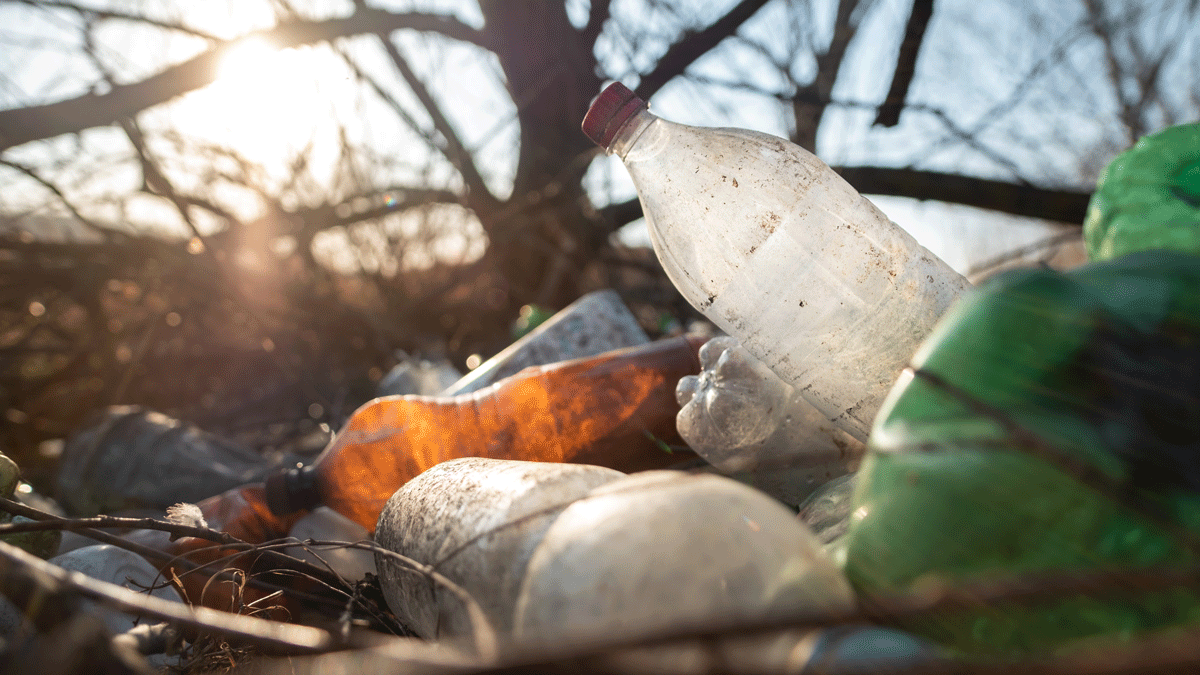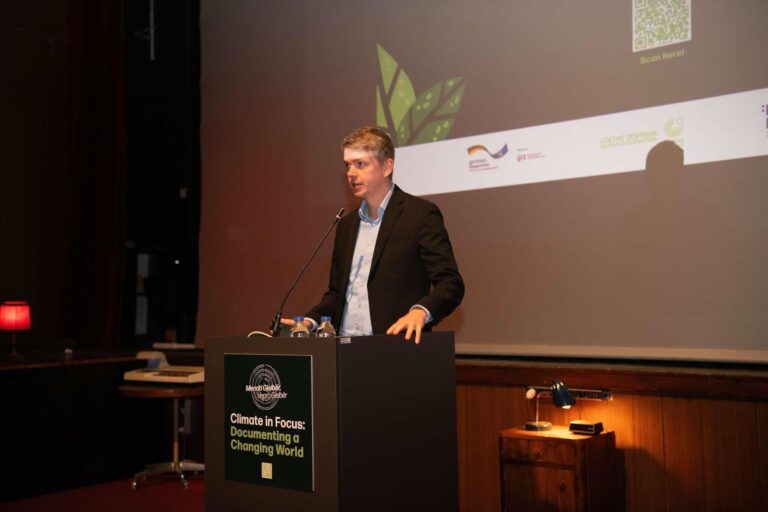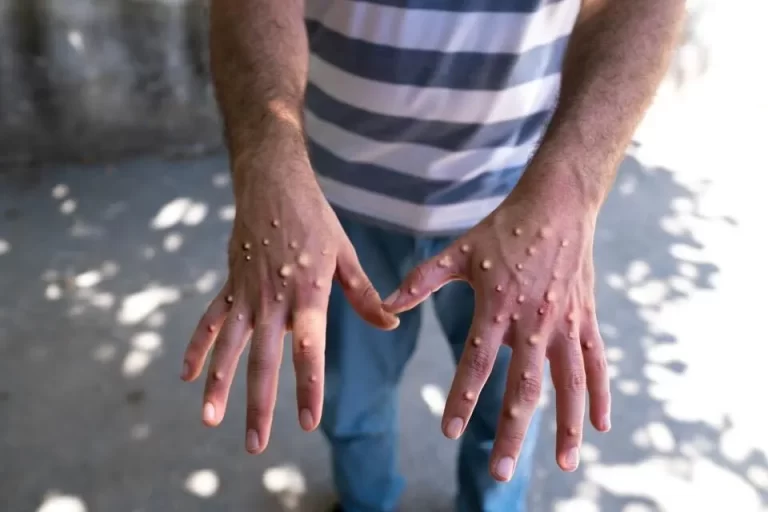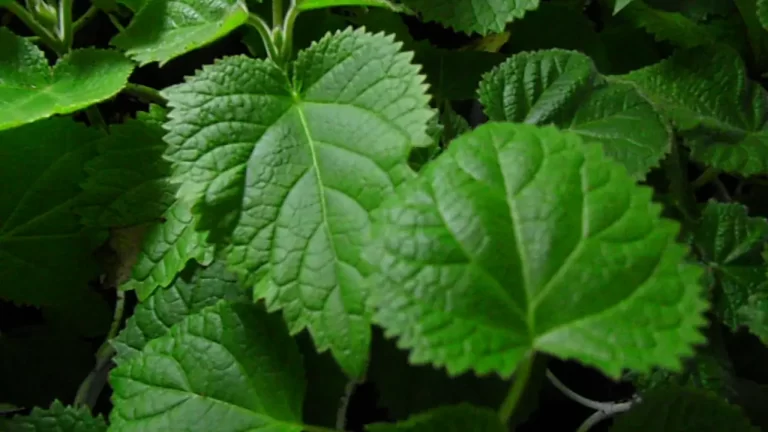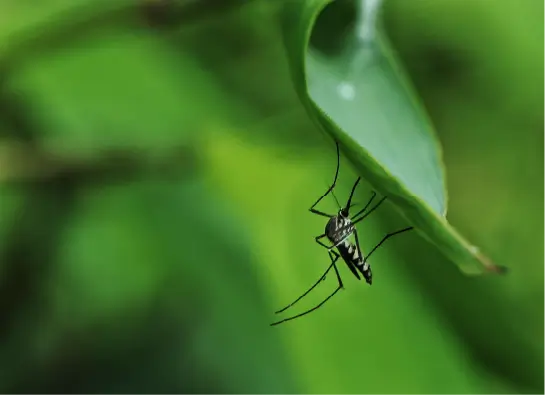An international team of volunteers conducted a study over 5 years, collecting and observing over 1,870,000 pieces of plastic waste in 84 countries. In April 2024, their research concluded that 56 companies are responsible for over half of the world's plastic pollution. Just six companies contribute to a quarter of this pollution.
Focus of the study: Packaging of everyday items such as food, beverages and tobacco products.
The rise of plastic crises
- Annual production: About 400 million tons of plastic waste.
- Waste disposal: The equivalent of 2,000 garbage trucks full of plastic is thrown into the world's oceans, rivers and lakes every day.
- Impact on marine life: Hundreds of thousands of marine life are killed every year.
- Impact on human health: Microplastics in water and food cause endocrine disruption, insulin resistance and in some cases cancer.
The biggest plastic polluters
Unidentifiable waste: More than 50% of the collected waste had no recognizable brand.
Company identification: Of the remaining 900,000 parts, 50% came from 56 multinational companies.
6 companies responsible for a quarter of pollution:
- Coca Cola Company (11%)
- PepsiCo (5%)
- Nestlé (3%)
- Danone (3%)
- Altria (2%)
What are the big polluters saying?
Coca-Cola:
– It promises to make all its packaging recyclable by 2025.
– Will use at least 50% recycled materials in packaging by 2030.
Nestlé:
– It has reduced the use of virgin plastic by 14.9% in the last five years.
– Invests in waste collection and recycling schemes globally.
Danone:
– Strong focus on packaging recyclability.
Problems with recycling
Recycling is a big problem, as only 9% of the world's plastic is recycled. To find a sustainable solution, we need to get rid of single-use plastic products and reduce plastic production. Companies must take responsibility and finance the clean-up operations of the waste they have created.
Global Plastics Treaty
In March 2022, the United Nations Environment Assembly agreed to adopt a legally binding global treaty on plastics by the end of 2024. So far, the Intergovernmental Negotiating Committee (INC) has held four sessions, with the fourth session (INC -4) that ended on April 29, 2024 in Ottawa, Canada.
The talks so far have not addressed the need to reduce the production of new plastic and hold polluting companies to account. The last and 5th session of the Intergovernmental Negotiating Committee is scheduled to be held in Busan, South Korea in November 2024.

